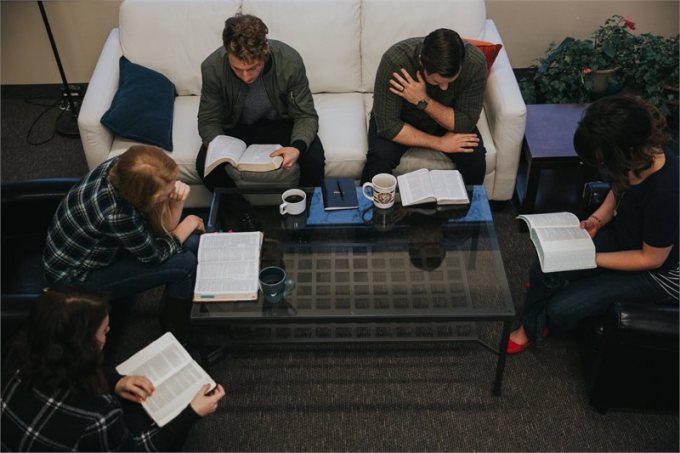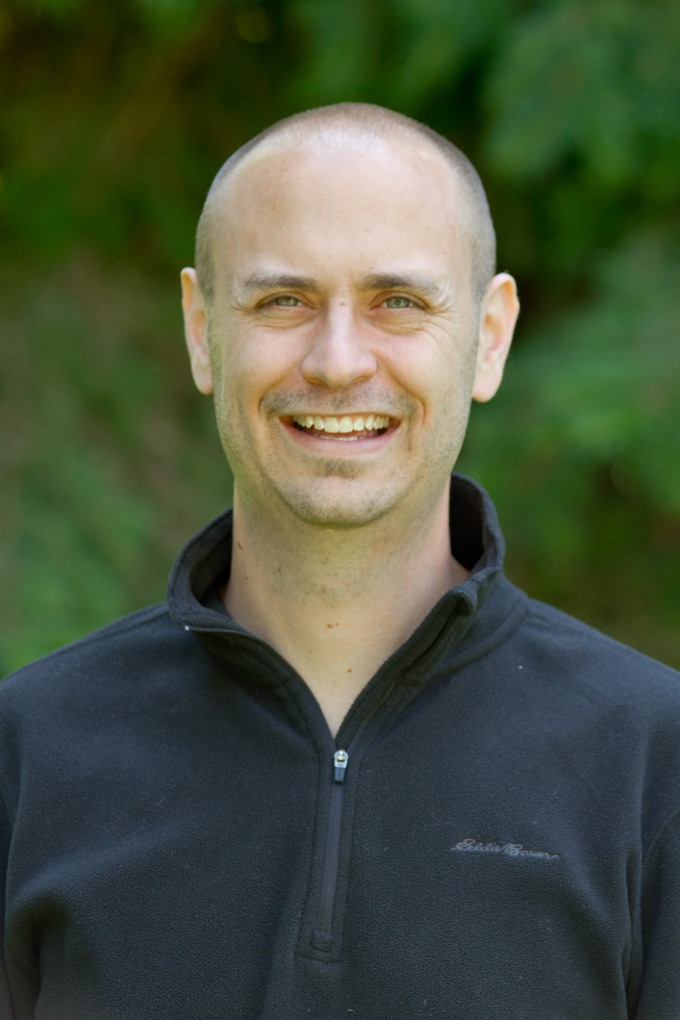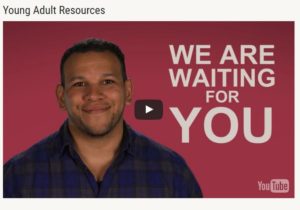
Copyright by Aaron Roberts Photography
While at church this morning, a friend asked me where he should start reading the bible. It is a question that cannot be answered simply with a specific book or passage. I have spent many years reading the bible – a practice and passion that started when I was in 7th grade.
Many earnest Christians attempting to read through the bible begin reading in Genesis 1, and are swept along by the beautiful story of Creation, and the ancient figures of the Old Testament – only to be lost in the middle of March amidst the offerings and feasts in Leviticus.
I think the answer to where you begin reading depends on the individual. So here are a few questions to ask yourself before launching (or re-launching) into the Word of God.
-
What am I hoping to get from reading the bible?
This is one of the first questions to ask yourself as you begin to read the bible. I hope that you are hoping to hear from God. The bible is not static words on a page, but it is the living active word of God that speaks to His children in a powerful way. (Hebrews 4:12)

Copyright by Aaron Roberts Photography
Each literary genre of New and Old Testaments are different in their original purposes, and the original intentions of the authors still affect how we interpret these passages today. The narratives of the Old Testament lay the foundation of God’s relationship with mankind, and demonstrate His care for the people of God. The poetry of the Psalms reveals the anguish of the human heart, and the reality of human passion, yet weakness to follow God. The prophets reveal a God who in the midst of darkness is calling to lost humankind. Narratives from the gospels show the character of Jesus, and the one whom we aspire to imitate. The epistles challenge and encourage the communities of God.
There are other reasons to read the bible, but we must remember that the primary reason is to connect with the Author.
2. How much do I already know about the bible?
The bible is a complex story, and it is not the easiest book to understand. While I believe each book is important, some books I still don’t understand after many years of study. Many people suggest that those with a limited knowledge of the bible should start with books like John, Romans, or Genesis.
3. What are my biggest obstacles to reading the bible?
People have various reasons for not reading the bible. If a major obstacle is time, then I would encourage you to start with smaller passages rather than trying to read through the entire passage. If reading is not your favorite activity, then find a version that you find easy to understand.
4. What most interests you about the bible?
People read and study things that spark their interest. Do not feel guilty on focusing on passages of scripture that feed your soul. Fuel what interests you in the bible, and allow them to lead you into new avenues.
5. What tools could help me?
There are so many great tools to help you as you seek to read God’s word. A few examples include: digital bibles (complete with yearly reading plans), daily bibles or reading checklists, chronological bibles, printed devotionals (I would suggest classics like – My Utmost for His Highest or Daily in His Presence), or sign up for an online devotional that arrives in your inbox each morning. There are a variety of tools so pick one that you think will work for you.
6. Who would you be reading the bible with?
The majority of the bible was written to be understood and applied within a community. While you may not be reading side-by-side with someone, ask yourself who could you incorporate into your spiritual journey so that “iron can sharpen iron.” It is a great idea to discuss what you are reading with your wife, children, a bible study, or other Christians in order to share how it applies to your life.

Copyright by Aaron Roberts Photography

Dr. G. David Boyd is the Founder and Managing Director of EA Resources, a non-profit designed to equip parents and churches to minister to the needs of emerging adults.













 Dr. G. David Boyd is the Founder and Managing Director of EA Resources, a non-profit designed to equip parents and churches to minister to the needs of emerging adults.
Dr. G. David Boyd is the Founder and Managing Director of EA Resources, a non-profit designed to equip parents and churches to minister to the needs of emerging adults.






